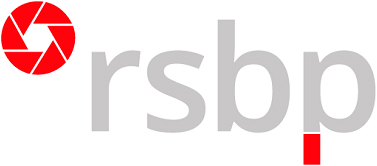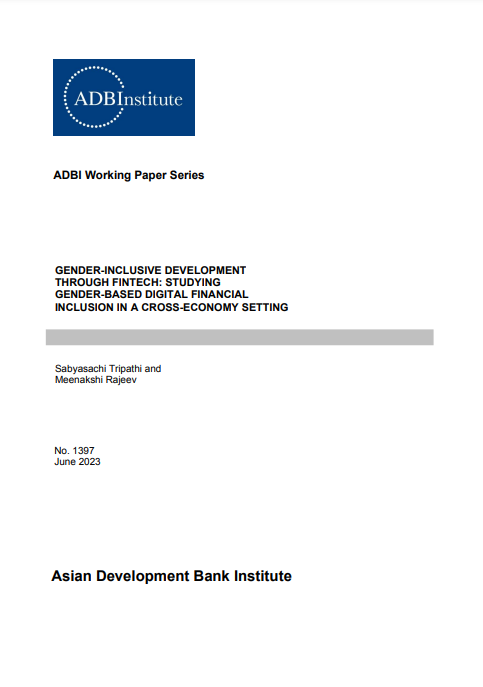
- Details
"Financial inclusion (FI) for vulnerable populations, such as women, is critical for achieving gender equality, women’s empowerment, and thereby inclusive growth. In this regard, the use of digital financial services is of particular significance for women as it allows them easier access to financial products for business and household needs. We show that health, education, the labor force participation rate, and political empowerment of women significantly impact the digital financial inclusion of women."
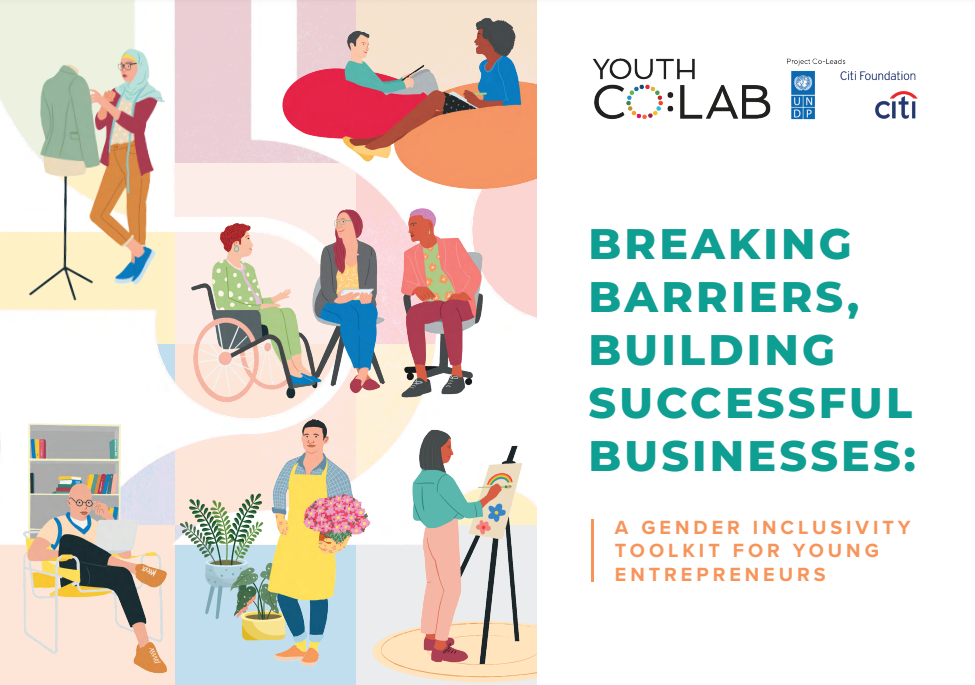
- Details
"The Gender Inclusivity Toolkit equips young entrepreneurs with resources to promote gender equality and inclusivity in their businesses. This toolkit provides a pathway for transformative change, enabling entrepreneurs to cultivate an inclusive workplace that attracts and retains a gender-diverse talent pool. It aims to raise awareness of gender biases and discrimination, offering practical measures for addressing them."
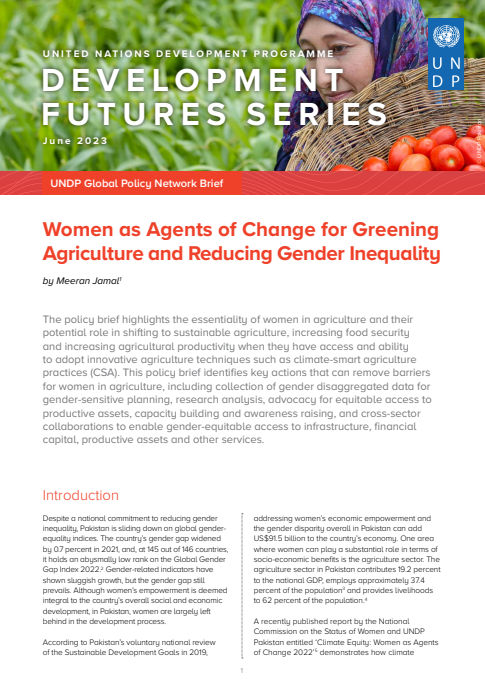
- Details
"The policy brief highlights the essentiality of women in agriculture and their potential role in shifting to sustainable agriculture, increasing food security and increasing agricultural productivity when they have access and ability to adopt innovative agriculture techniques such as climate-smart agriculture practices (CSA). This policy brief identifies key actions that can remove barriers or women in agriculture, including collection of gender disaggregated data for gender-sensitive planning, research analysis, advocacy for equitable access to productive assets, capacity building and awareness raising, and cross-sector collaborations to enable gender-equitable access to infrastructure, financial capital, productive assets and other services."
Read more … Women as Agents of Change for Greening Agriculture and Reducing Gender Inequality
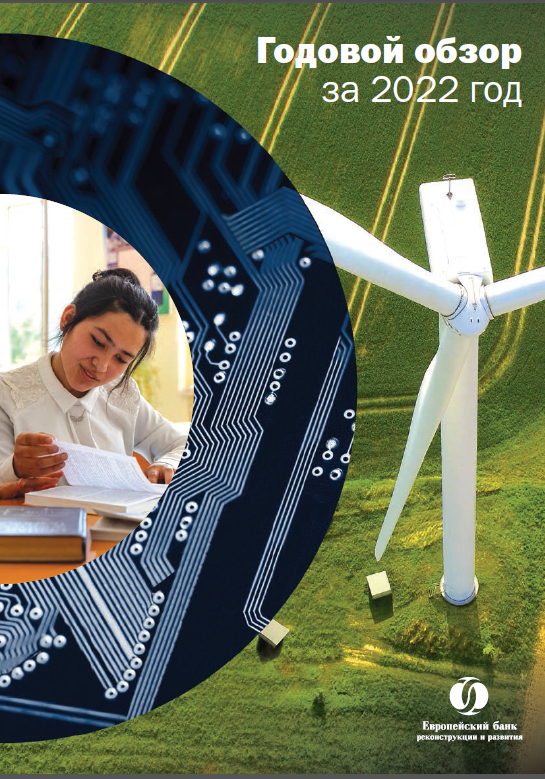
- Details
"The Annual Review 2022 details how the Bank stepped up its investment last year and was particularly vigorous in support of Ukraine. The EBRD balanced its work in Ukraine with meeting key objectives in other areas, such as tackling climate change, fostering inclusion and building digital capacity in the economies where it operates. Crucially, green investments totalled 50 per cent of Annual Bank Investment (ABI) for 2022, in line with the EBRD’s goal of being a majority green bank by 2025."
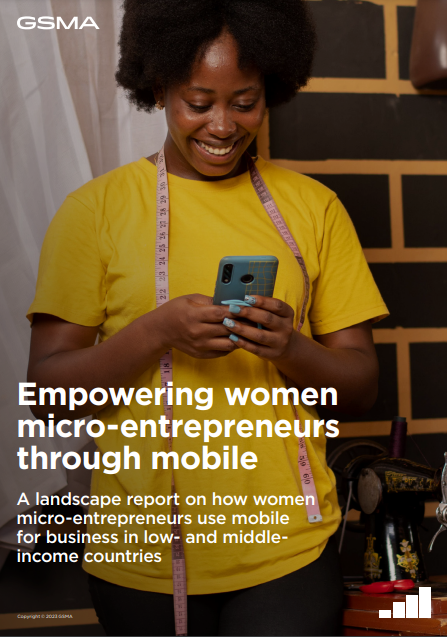
- Details
"In low-income countries, 88% of working-age women earn income through self-employment, yet they are more likely than men to be disadvantaged when it comes to accessing the resources they need to start, run and grow a business. Mobile phones can provide a gateway to business services, resources and information that may not be within easy reach otherwise, from better access to markets and financial services, to improved business management practices and business capacity building."
Read more … Empowering women micro-entrepreneurs through mobile
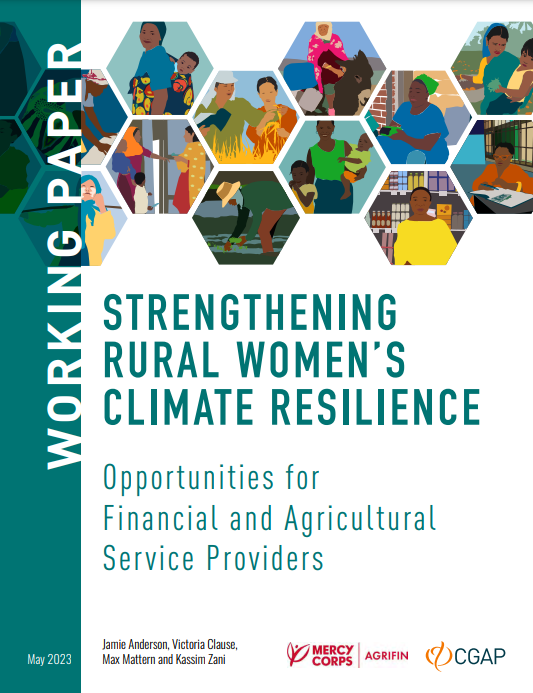
- Details
"Rural women are central to building more resilient global food systems, yet face disproportionate threats from climate stresses and shocks. To help rural women adapt and thrive in the face of climate change and boost food security, service providers must design and deliver financial and non-financial solutions that create value for rural women as well as their businesses. In this working paper, CGAP and Mercy Corps AgriFin share their experience working with service providers to build rural women’s resilience and livelihoods. It provides an overview of 10 opportunities for service providers, investors, and donors to improve rural women’s resilience to climate change, and gives examples of innovative ways in which financial and agricultural service providers are already seizing these opportunities."
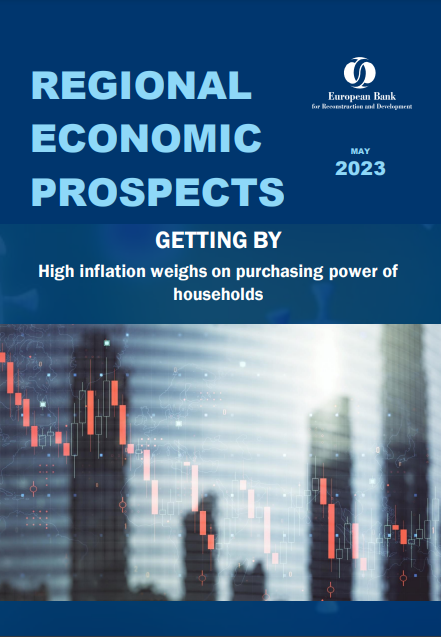
- Details
"Regional Economic Prospects review the latest economic developments in the EBRD regions and provide a discussion of recent growth performance as well the latest forecasts prepared by economists and economic analysts at the EBRD. They also provide analysis on topical issues such as the impact of the war on Ukraine and high inflation on the economies in the EBRD regions and implications for policies."
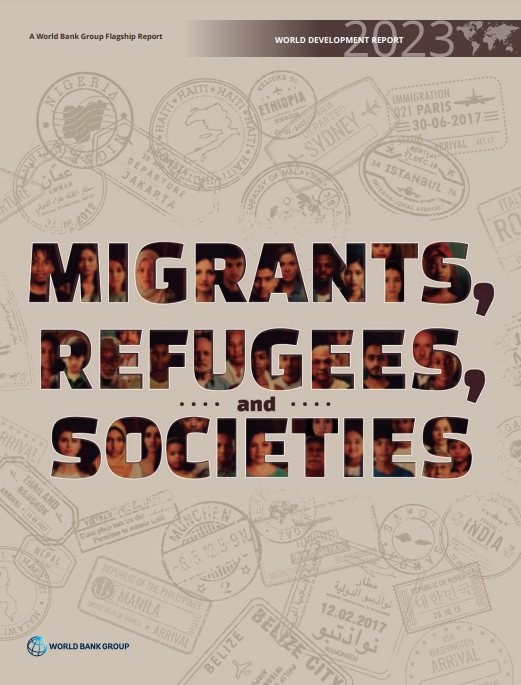
- Details
"World Development Report 2023 proposes an innovative approach to maximize the development impacts of cross-border movements on both destination and origin countries and on migrants and refugees themselves. The framework it offers, drawn from labor economics and international law, rests on a “Match and Motive Matrix” that focuses on two factors: how closely migrants’ skills and attributes match the needs of destination countries and what motives underlie their movements."
Read more … WB's World Development Report 2023: Migrants, Refugees, and Societies
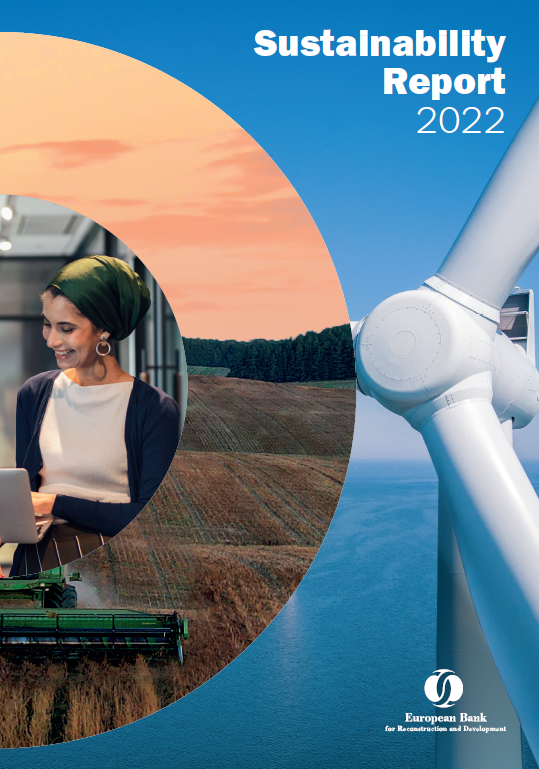
- Details
"The Sustainability Report 2022 explores the many ways in which the EBRD worked over the course of the year to prepare its regions for a stronger, more resilient and sustainable future. It details how the Bank responded to multiple crises, including the impact of the invasion of Ukraine, and the global emergencies of climate change and biodiversity loss."
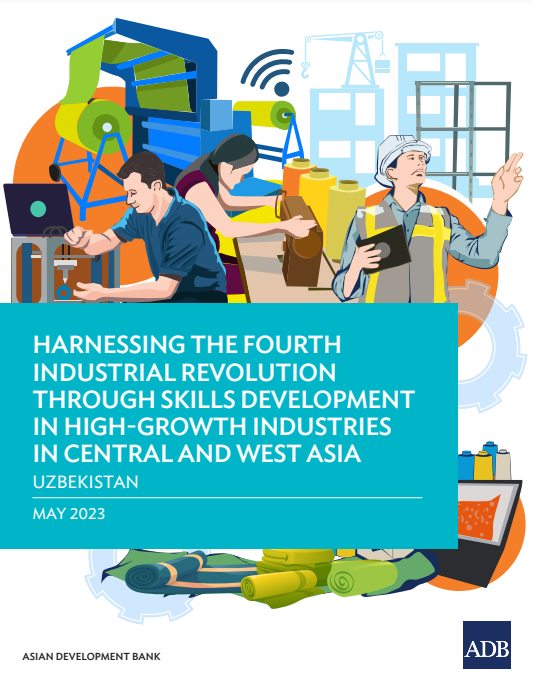
- Details
"This report analyzes how Uzbekistan’s key textile, garment, and construction sectors will be impacted by its adoption of digital technologies and shows how better training can help offset potential job losses and boost economic growth. ... this report outlines recommendations for Uzbekistan including developing online learning platforms and strengthening ties between industry and training institutions. Emphasizing the need to support small and medium businesses, it shows why ensuring workers acquire new digital skills and adapting national policies can help Uzbekistan capitalize on 4IR’s potential benefits."
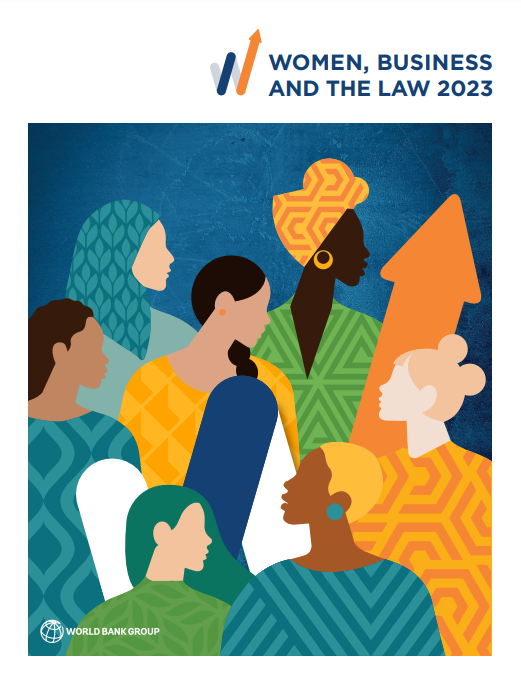
- Details
"Women, Business and the Law 2023 is the ninth in a series of annual studies measuring the laws and regulations that affect women’s economic opportunity in 190 economies. It identifies barriers to women’s economic participation and encourages reform of discriminatory laws. This year, the study also includes research, a literature review, and analysis of 53 years of reforms for women’s rights and makes an important contribution to research and policy discussions about the state of women’s economic empowerment."
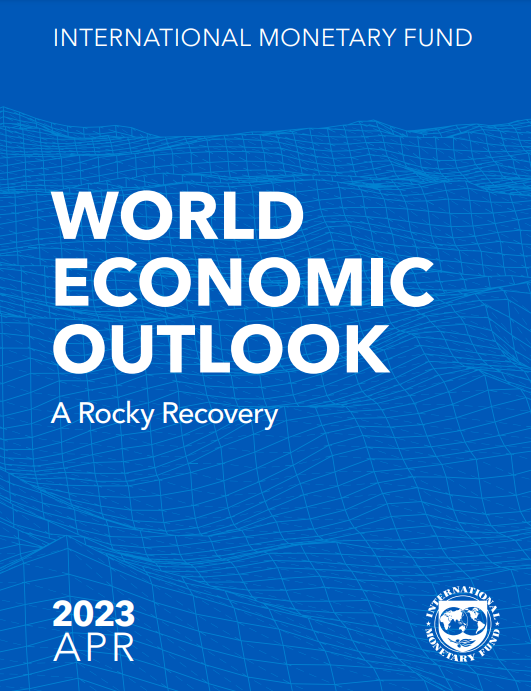
- Details
"Tentative signs in early 2023 that the world economy could achieve a soft landing—with inflation coming down and growth steady—have receded amid stubbornly high inflation and recent financial sector turmoil. Although inflation has declined as central banks have raised interest rates and food and energy prices have come down, underlying price pressures are proving sticky, with labor markets tight in a number of economies. Side effects from the fast rise in policy rates are becoming apparent, as banking sector vulnerabilities have come into focus and fears of contagion have risen across the broader financial sector, including nonbank financial institutions."
- Business Case: Lower NPLs for Women-Owned SMEs
- Impact of high trade costs and uncertain time to trade on exports from five Central Asian countries
- Study on social norms hindering financial inclusion and financial capability of consumers in the Kyrgyz Republic and the Republic of Tajikistan
- A Bedrock of Successful Digitization in Microfinance

